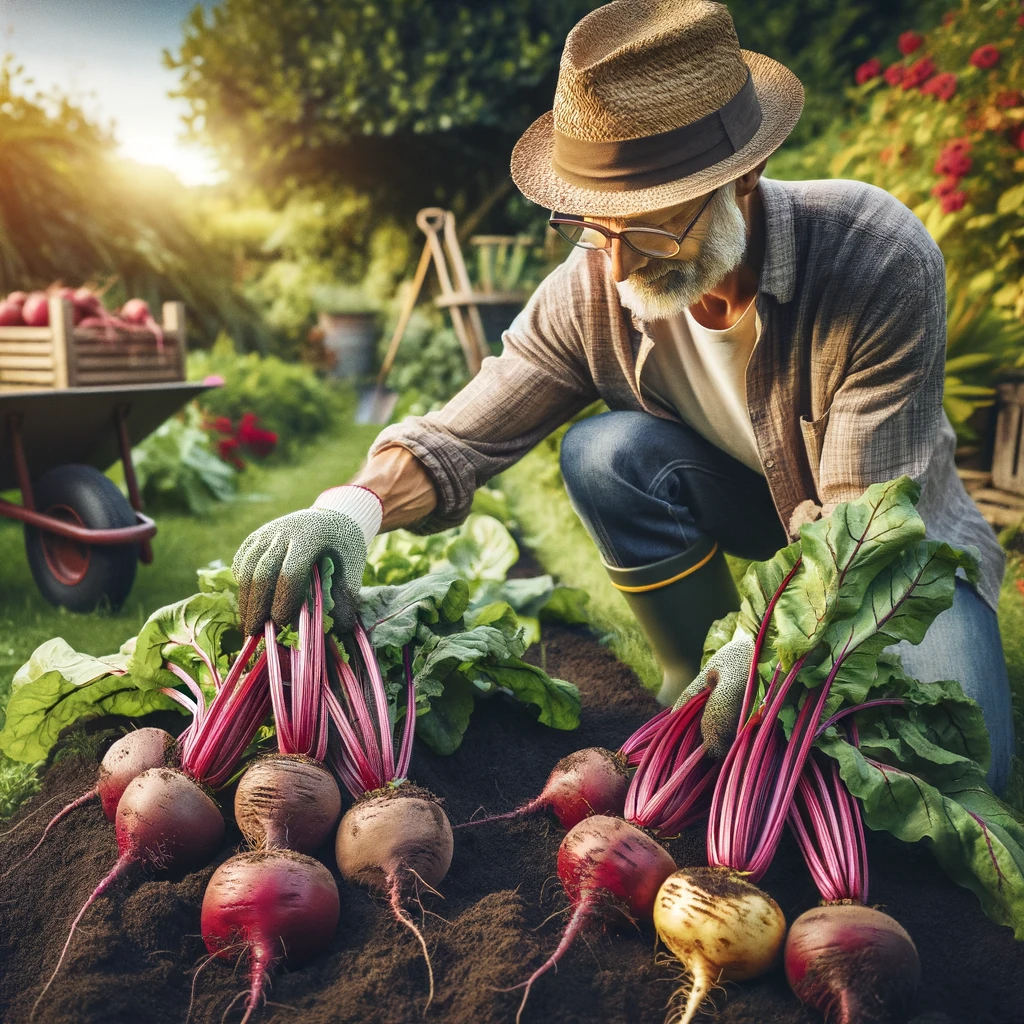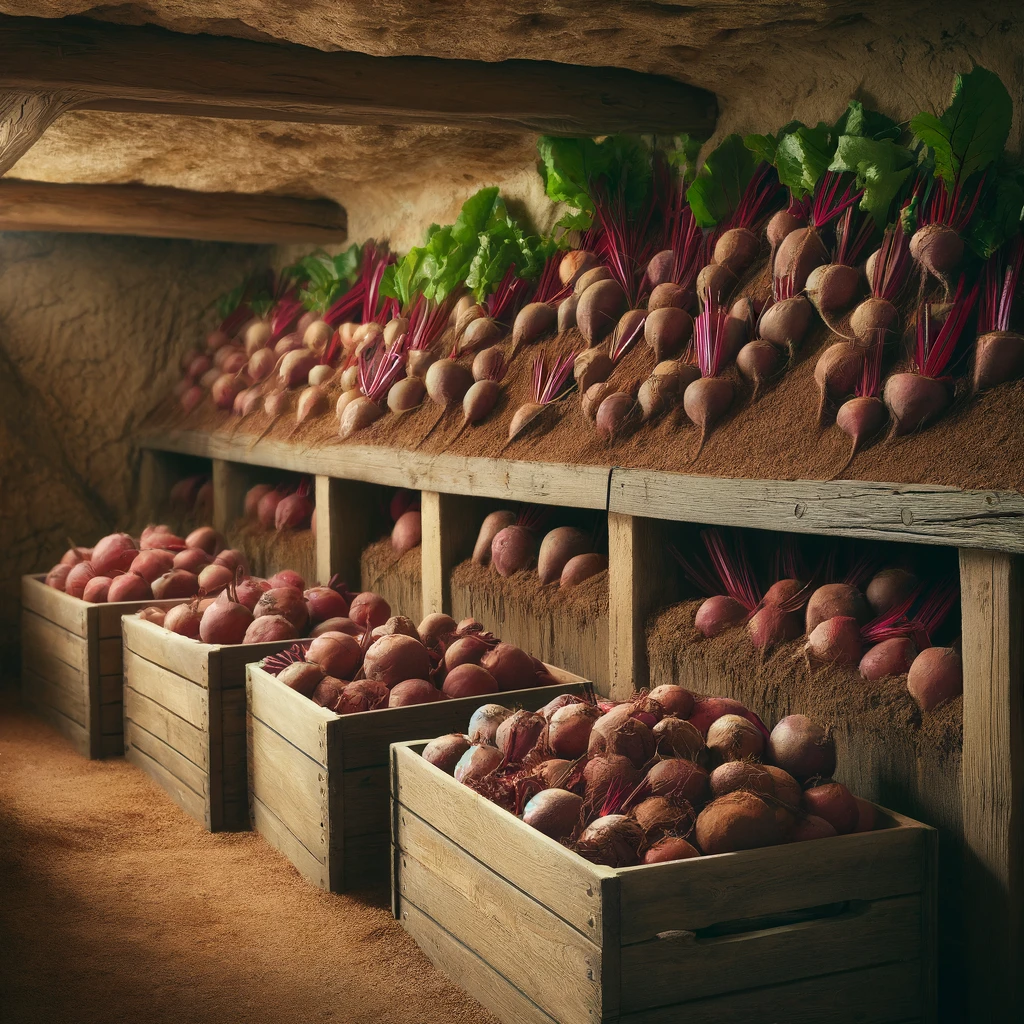A Tasty Approach to Cardiovascular Wellness
Rich in Heart-Healthy Nutrients
Beets are loaded with essential vitamins and minerals, some of which are particularly beneficial for heart health. They are a great source of folate, manganese, potassium, and vitamin C. However, it’s the high concentration of nitrates that truly makes beets a heart-friendly food. These nitrates improve blood flow by dilating the blood vessels, which can help lower blood pressure—a major risk factor for heart disease.
Lowering Blood Pressure
Several studies have shown that beetroot juice can reduce blood pressure in both the short and long terms. In one study, drinking 250 milliliters (about 8.5 ounces) of beetroot juice every day was found to significantly lower blood pressure levels in hypertensive individuals. The nitrates in beets are converted into nitric oxide in the body, which helps relax and dilate blood vessels, promoting better blood flow.
Improving Exercise Performance
Beets might boost more than just heart health; they could also improve your physical performance. The same nitrate-induced dilation of blood vessels that helps lower blood pressure also increases oxygen flow to the muscles. This can enhance exercise performance, making workouts less taxing on your cardiovascular system and potentially extending endurance.
Anti-inflammatory Effects
Chronic inflammation is a key player in the development of heart disease. Beets contain betaine, a nutrient known for its anti-inflammatory effects. By reducing inflammation, beets can help protect against vascular risk factors and promote overall cardiovascular health.
Antioxidant Properties
The vibrant red color of beets comes from betalains, potent antioxidants that help fight oxidative stress, which is linked to the development of many chronic diseases, including heart disease. Antioxidants in beets can help maintain a healthy vascular system by combating the oxidative processes that can lead to heart disease.
Easy Ways to Include Beets in Your Diet
Incorporating beets into your diet can be both delicious and straightforward. Here are a few ideas:
- Beetroot Juice: Start your day with a glass of fresh beetroot juice or incorporate it into smoothies.
- Roasted Beets: Roasting beets enhances their natural sweetness, making them a great side dish.
- Beet Salad: Combine cooked beets with some goat cheese and nuts for a hearty salad.
- Pickled Beets: Add pickled beets to your meals for a flavor boost and extra nutrients.
Conclusion
Beets offer a host of benefits for heart health, from lowering blood pressure and reducing inflammation to enhancing exercise performance and providing valuable antioxidants. By making beets a regular part of your diet, you can enjoy their many benefits and contribute positively to your cardiovascular wellness. So, the next time you’re at the grocery store, don’t pass by these red gems; they might just be what your heart needs.


